Come the end of lockdown, there is unlikely to be a swift return to business as usual – the lessons learned might see new approaches to manufacturing operations that go beyond the Covid-19 crisis
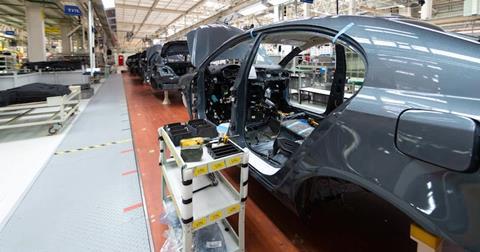
In a previous leader column for AMS, I wrote about the impact of automotive factory closures on local communities that, having in many cases provided generations of workers to support production, become highly reliant on carmakers as a main source of employment. Although that was a few short months ago, it now seems like another time as the world faces a pandemic and the global automotive industry has been effectively shut down.

The threat of losing friends and family to the coronavirus is being contemplated by populations around the world who are marooned in a state of isolation due to the necessary lockdown restrictions.
So, the issue of plant closures has become a global problem and the scale and scope extends to almost all OEM and related tier supplier manufacturing sites. As has been well documented in recent weeks, carmakers and tier suppliers have ceased operations to keep their respective workforces safe, and also in response to supply chain issues and rapidly falling demand for the products being produced. All-in-all it is a perfect storm that has very quickly rendered the automotive industry immobile.
Scheduled closures and the financial crash in 2008 have made production more flexible but nothing could have fully prepared OEMs for Covid-19
While we know the ‘what’, it is the ‘how’ that has interested me. In normal times, car factories can suffer line stoppages on any given day, often caused by supply issues or in some cases staffing problems. These are generally small disruptions that are readily planned for and dealt with. Similarly, OEMs have systems and strategies in place for the gradual reduction of output and stopping of production completely.
Indeed, this is an annual occurrence with the scheduled summer closures for maintenance and retooling. Moreover, lessons learned following the financial crash in 2008 have made vehicle production more flexible and the OEMs better prepared for financial shocks. But nothing could have fully prepared them for Covid-19.
Not only have OEMs and tier suppliers closed down production operations at speed and on a huge scale, they have also been repurposing parts of their respective manufacturing networks to produce desperately needed PPE and respirators for hard-pressed medical services the world over. This is an impressive feat that indicates the processes in place have been in some part useful in mitigating some of the operational challenges; how all of this has been achieved is a potentially fascinating story.
Equally, looking forward to end of the lockdown period, there is unlikely to be a complete resumption of “business as usual” and the lessons learned and different ways of doing things might see new approaches to manufacturing operations that go beyond the Covid-19 crisis?
One way to keep up with the effects of this situation will be through Ultima Media’s new live streaming service. We will be offering insights into the latest developments as the automotive industry reacts and recovers from the impact of the Covid-19 virus. As well as commentary and discussion from our editorial teams, the service will also feature industry experts from the manufacturing and supply chain sectors offering analysis and comment on how the crisis is being managed and future outcomes for the automotive industry.
Meanwhile, here’s hoping all our friends and colleagues stay safe and well.





























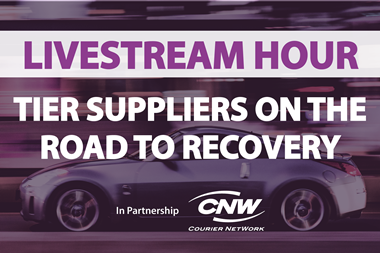
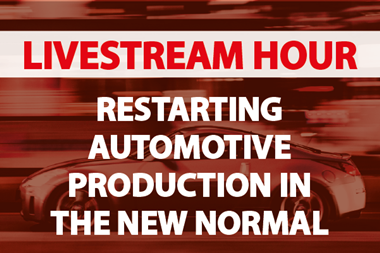

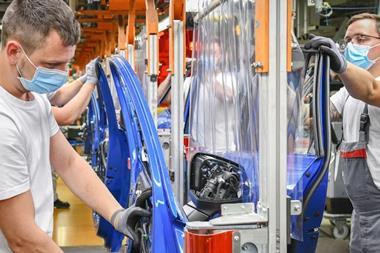

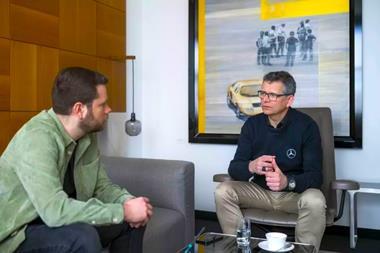



No comments yet